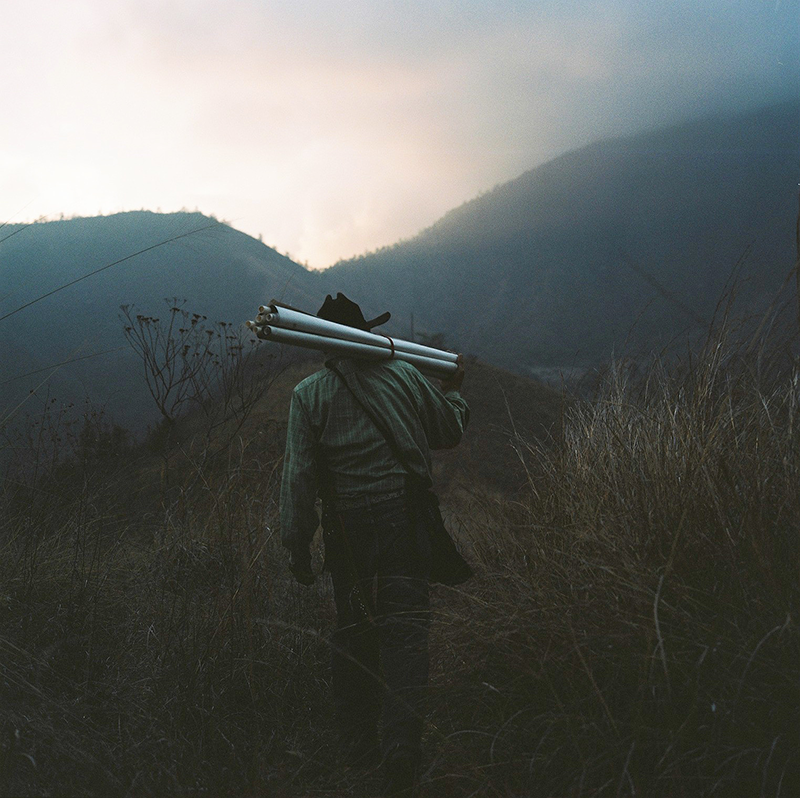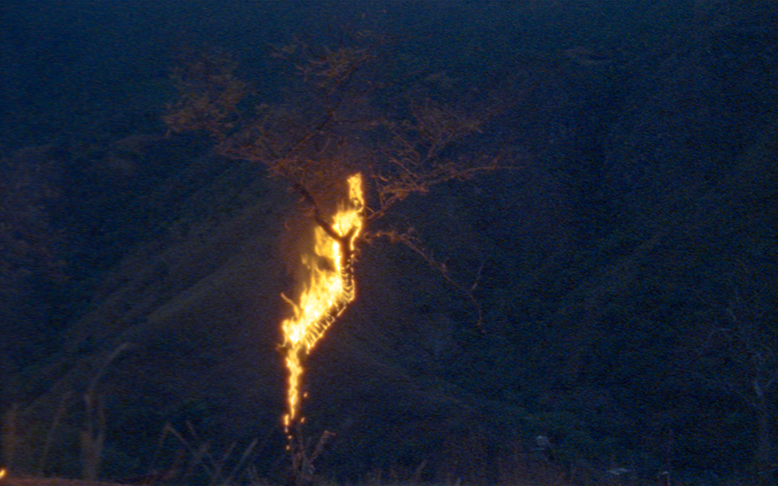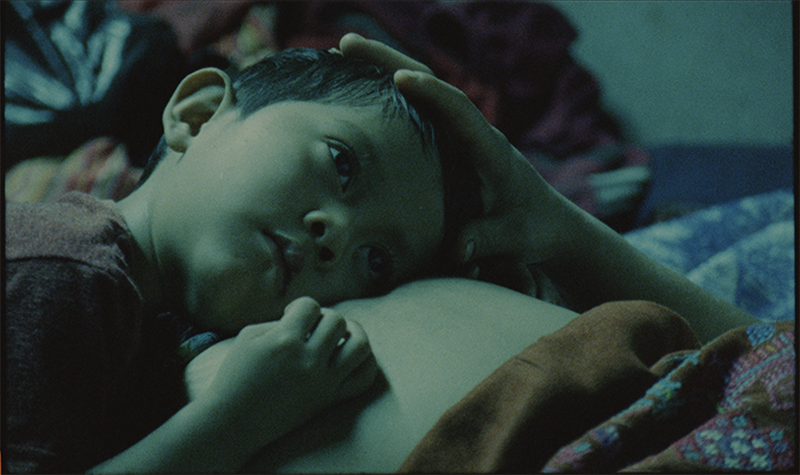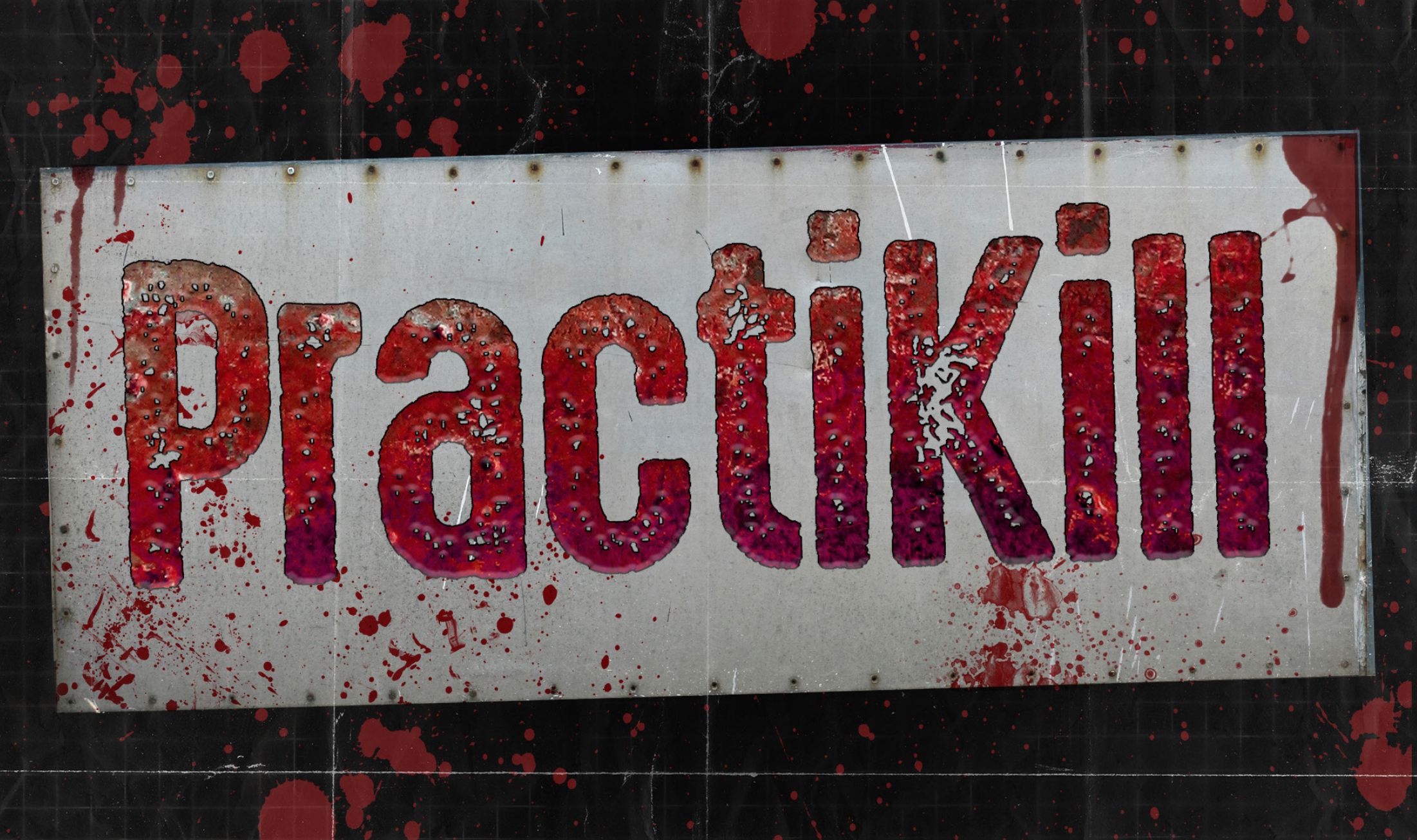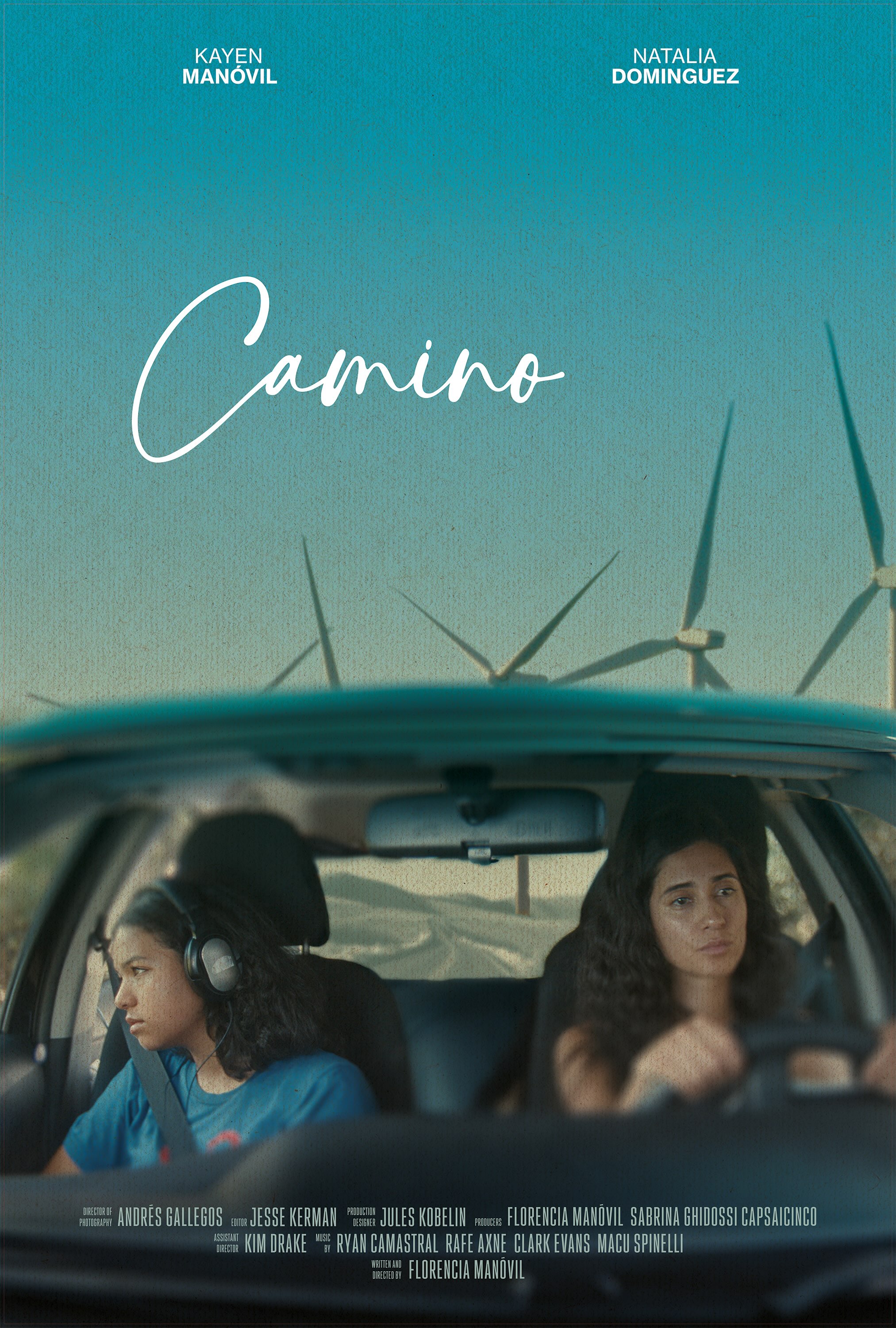Genre
Synopsis
The river is filled with dead trees that seem to be trying to escape the dry, cracked earth. Not only have the civil war, mass rapes, and massacres etched themselves into the souls of the people, but also into the vegetation. The government of Guatemala had waged a merciless war against the indigenous population between 1960 and 1996, and the village of Rio Negro had almost been wiped out due to cruel massacres. The village had to give way to a dam that was built for the generation of electricity, in accordance with the national modernization plan. The villagers, who lived in close connection with nature, had resisted their resettlement and were defenceless against the state‘s arbitrariness. The history of Rio Negro serves as a microcosm, illustrating how indigenous life worldwide is destroyed by the forces of colonialism and globalization.
Today, the few survivors and their families live again in the place that is home to them, but with which they also associate the most traumatic memories of their lives. The construction of the dam flooded the fertile earth, so that today they live in poverty.
RIO NEGRO is a poetic portrait of the village and asks how life can be possible in a place marked by massacres. Divided into three cinematic levels, situational narratives and associative imagery make it possible to experience how omnipresent the past is in the people‘s present. Based on the Mayan culture, the inhabitants of Rio Negro actively live their relationship to their dead in everyday life through rituals, encounters and through their oral narrative culture. This connection to their ancestors is represented in the „level of ancestors.“ The children whisper to each other the stories about the deceased while they search for a white rabbit in nightly walks. On another level, the „level of memory work,“ the atrocities are recounted. In a linearly narrated walking tour to the massacre sites, survivors share their stories with interested visitors. Their activism is a courageous act in a country that denies historical reappraisal and advocates impunity. In the third narrative level, the everyday life, and the current conflicts in the lives of the people in Rio Negro become apparent. This „level of conflicts of today“ shows what endangers the regeneration work, the existence of Rio Negro and the cultural knowledge of the inhabitants on a day-to-day basis. Since the evangelical church has taken up residence in the village, many have converted and see the commemoration of the dead as a sin. Also, the increased desire of the youth to leave Rio Negro and emigrate raises the question of how long the village can continue to exist in this form.
The anchor of the narratives is the main protagonist Julian Sanchez Chen, the chronicler and most important memory keeper of the community. He records the stories of life before the geno- cide and the changes he observes in the village today like a seismograph. His chronicles are of enormous relevance because they are the only written records of their history. What drives him is an open chapter from his personal past; the fate of his daughter who was given up for adoption without his consent and knowledge during the civil war. Many years later, his daughter tried to contact her family. Constrained by his living conditions, Julian begins a search for his lost child and wants to make sure she gets answers to her questions.
The film RIO NEGRO highlights the fact that even in the face of challenging living conditions, the act of remembering is a significant and necessary aspect that provides purpose to the survivors‘ lives, despite the pain that it may bring.
Bio
Anna-Sophia was born in the Dominican Republic and spent her childhood between the Dominican Republic, Germany and Guatemala. In Guatemala, she was trained at Casa Comal film school and gained her first experiences in film. She worked in production at the international film festival ICA- RO, was assistant director, and carried out her own short film projects.
In 2013 she began her studies in directing at the Filmakademie Baden- Württemberg. During this time she made short and feature-length films that tell of social injustices, especially against wo- men. Her film ‘In meiner Haut’ addresses gender-based domestic violence from the perspective of women. In 2019 she directed the short film ‘Der schöne Hans’, which was made in collaboration with ARTE and SWR. The cinema and television film ‘Los cuatro vientos‘ is Anna-Sophia Richard‘s graduate project. The film reveals how difficult migration can be for families, and was awarded the CIVIS Young C. Award. Anna-Sophia was a participant in the IDFAcademy 2022 the Berlinale Talent Program 2023.
Credits
Producer - Marisa Meier
Producer - Joaquin Ruano
Director of Photography - Jonas Schneider

